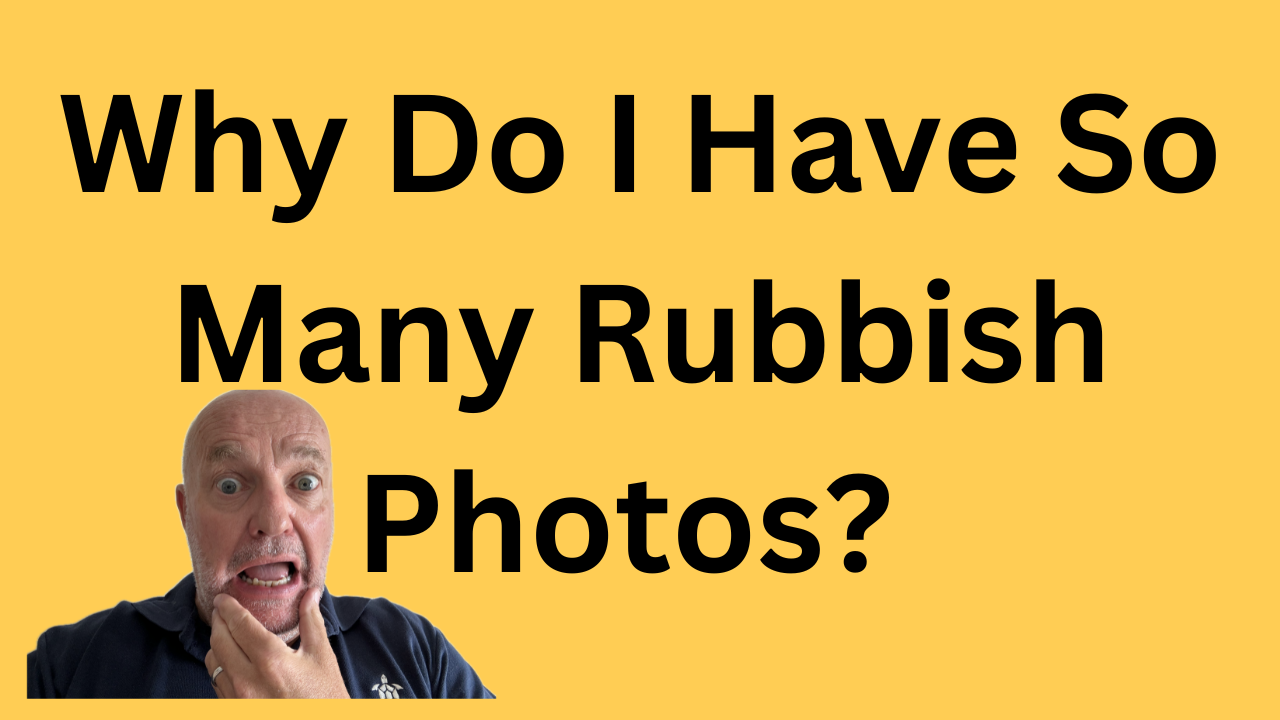
Why Do I Have So Many Rubbish Photos? (And Why It’s OK, And What I'm Doing About It)
Now, this might sound like an odd question, but I have loads of rubbish photos cluttering up my Lightroom Catalogue, clogging up my hard drives, and preventing me from finding the good stuff that must be in there somewhere, surely?
How did I let this happen? Why do I have so many rubbish photos, and what am I going to do about it? In this episode of my splendid podcast, I will tell you how this happened, how many photos I have, and what I am going to do about it. Oh yes, and why I am doing something about it now?

What Is The Difference Between RAW And JPEG Photos?
RAW and JPEG are file formats. Photographers use both. JPEG images have an amount of processing and compressing done to them when a photo is taken. RAW photos have no processing done to them other than creating the file, that is.
JPEG photos can be viewed by anyone straight off the memory card. To view RAW photos, you need specialist software.
JPEG files are smaller than RAW files, but RAW files contain more data to work with than JPEG files.
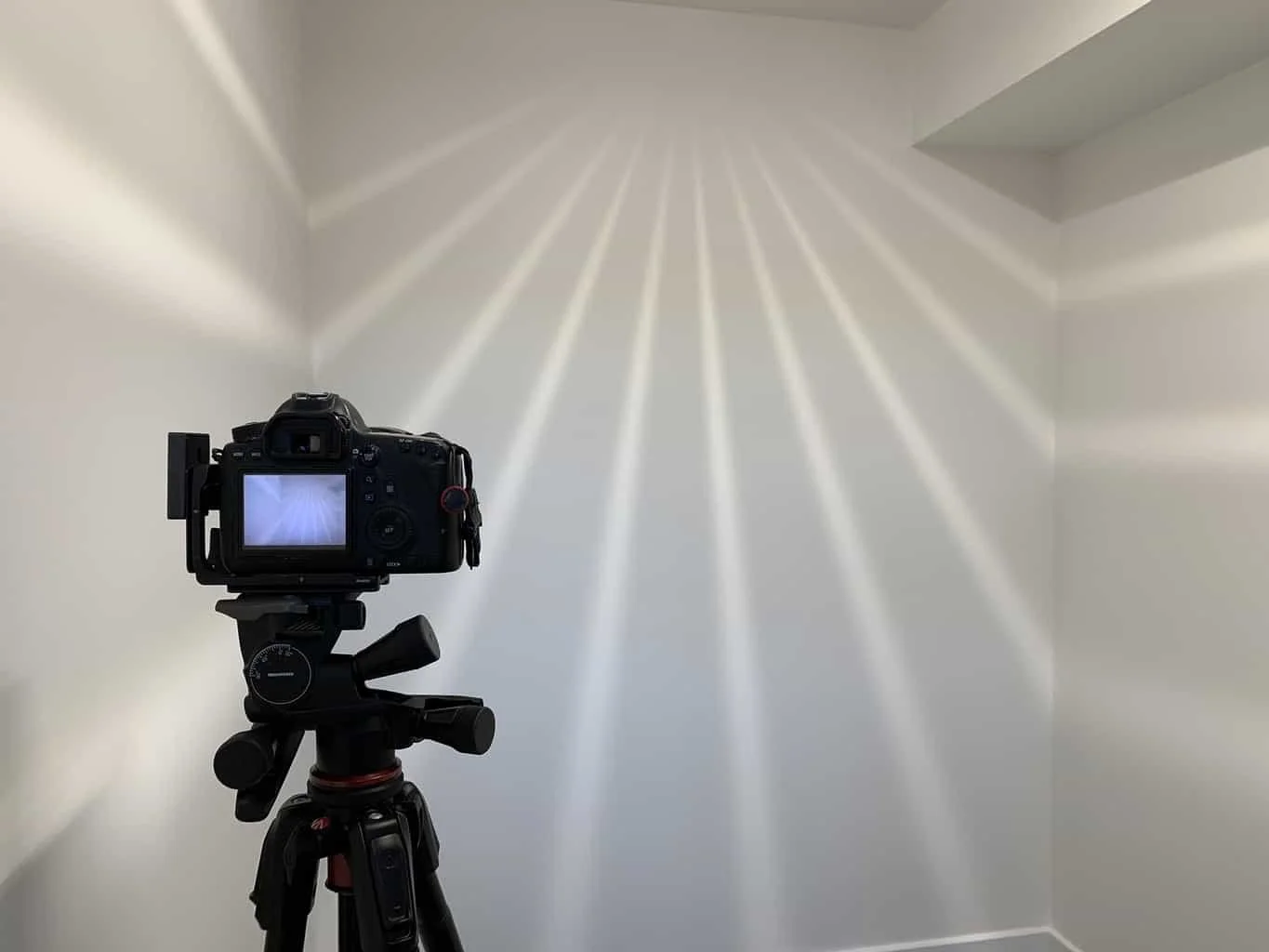
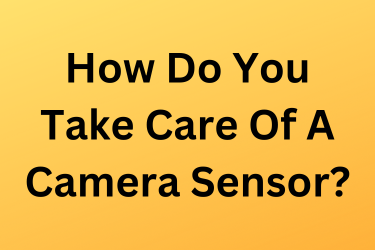
How Do You Take Care Of A Camera Sensor?
Digital camera sensors are important, sensitive, expensive bits of kit that need looking after. There are things that we can do to protect them from bad stuff, but if bad stuff gets to them, there are things that we can do to remove that stuff. In this episode, I tell you how to prevent bad stuff from getting to your camera's sensor, which is our first job, and what to do when you get bad stuff on your camera sensor.
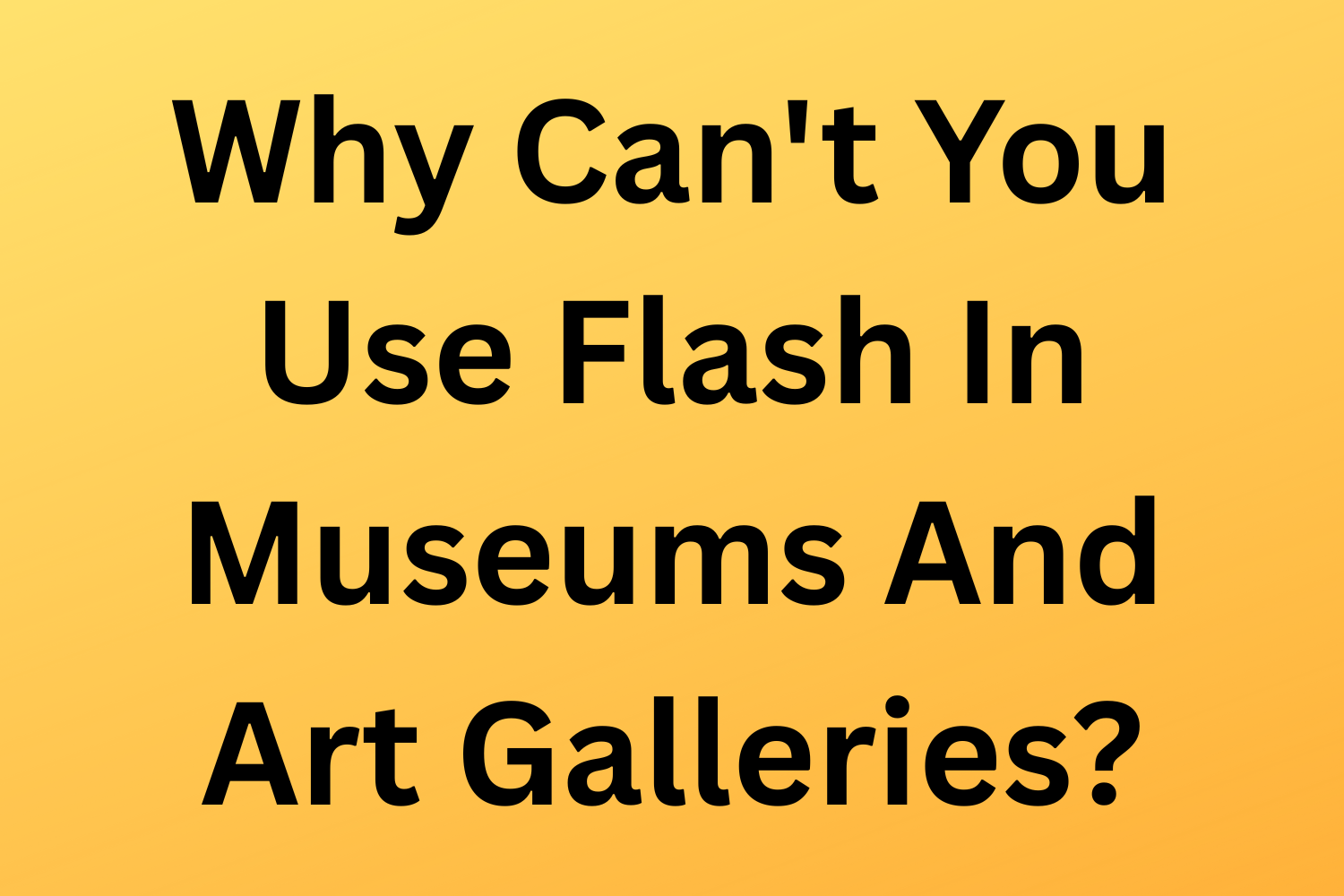
Why Can't You Use Flash In Museums And Art Galleries?
Camera flashes can damage precious works of art. The harsh, excessive light they omit way, way exceeds the carefully controlled lighting levels in museums and art galleries. And the most valuable works of art have glass in front of them to protect them, making taking photos with flash pointless. And every time a flash pops, it ruins the experience for everyone else.
That is why flash photography is banned in museums and art galleries. And quite right, too.

How Do I Take Care Of My Camera Lenses?
Camera care is important. Camera lenses are optical and engineering marvels. Camera lenses must be treated with care and respect when used, stored carefully and regularly maintained and cleaned. Take good care of your camera lenses, and they will take good care of you for years. There is equipment that you can get to clean and protect your lenses. There are also some simple techniques that I will tell you that will help you look after your lenses and get many years of pleasurable use out of them.

How Lenses Can Help You To Take Better Photos
Lenses on cameras give photographers options. To understand how lenses can help you take better photos, you need to know what you want to photograph, how you want to take these photos, and what you want your photos to look like. Once you know these things, you can find the lenses that work for you. Just so you know, only you can do this. Once you know what you want to do, you can look into the wonderful world of lenses.
Lenses are tools that photographers use to take the photos they need. In this episode, I tell you how I ended up with the lenses I have.

Camera Lenses Explained - My Beginner's Guide
Camera lenses attach to the front of camera bodies and focus what you are taking a photo of onto the camera sensor. You can get lenses with different focal lengths, maximum and minimum apertures, and varying sizes, weights, and quality. I will explain all these in this episode and tell you what lenses I use.
Oh yes - you can get cameras with the lens physically attached to the camera - I am not talking about those. Although most of what I talk about here applies.

Now It's Time For You To Start Taking Better Photos
Every photographer should aim to take better photos. That is what I aim to do and teach. Here are the 11 things that I talked about in episode 172.
What are you trying to do with your photography?
Composition – what you put in your photos
How to take photos – getting started
Camera gear – what to buy and how to use it
Camera settings – how to get image capture bang on
Phone or camera? Which do you use?
Learn from your photos and other photographers
Image processing – the stuff you need to know
How to save time but improve your photography
Get out and practise more – but take fewer photos
Become excellent at one photography thing
These 11 things produced 16 episodes, and there has been lots of information and good stuff if I do say so myself.

How To Find Your Photography Niche - 10 Top Tips From Me
To be the best at one photography thing, you must decide what that one photography thing is. This is how you can find your perfect photography niche.
Decide what you want photography to be to you.
Consider anything you might ever possibly want to take photos of.
Choose a few things you enjoy and are interested in.
Can these things give you what you want out of your photography?
Practise all those things until one thing pops up as the favourite
Phone vs Camera - decision time - yes, it's time
Now do that one thing to the very best of your ability
Refine your image capture technique
Refine your camera gear and settings
Refine your processing.

Is Auto Exposure Bracketing (AEB) The Same As HDR?
AEB is auto exposure bracketing, an image capture technique in which more than one photo is taken of the same thing using different exposures.
HDR is High Dynamic Range. High Dynamic Range is the range of tones in an image.
So, whilst the two are not the same, you can use AEB to create HDR images. However, you can also create HDR images in a single image capture using software without AEB.

Get out taking photos more—but take fewer photos
Get out more and take photos, but take fewer photos. This will help you take better photos. Getting out more and taking photos gives you lots more opportunities to create new stuff. But don't try to create too much new stuff, or you will just end up with lots of average photos that you do not have the time to do anything meaningfully with.

15 Time Saving Photography Tips To Help You Take Better Photos
Here is the answery bit
Have a plan for what you are going to photograph
Only take interesting photos
Look before you take photos
If I take this photo, will I be bothered to edit it?
Camera settings for success
Less gear is more
My one-photo rule
OK – the take fewer photos rule
Portfolio swappers
Cull like a pro
Edit only what you need to
The 5-minute edit rule
Speed editing – find your sweet spot
Copy and paste
Really look at your photos and what you have created
Yes, these are all things you can do to save heaps of time and take better photos—and they don't cost you anything-what is not to love?

Photo Editing - What You Need To Know (And Not Worry About)
Photo editing should be about enhancing what is in an image, making a photo look the best that it can be, making an image as appealing as possible.
This is done by
Being very picky about which photos you edit
Extracting as much data out of an image as possible
Cropping to improve the composition
Correcting technical issues
Global adjustments
Local adjustments
Removing unwanted stuff (when it is ok to)
Not spending forever editing photos
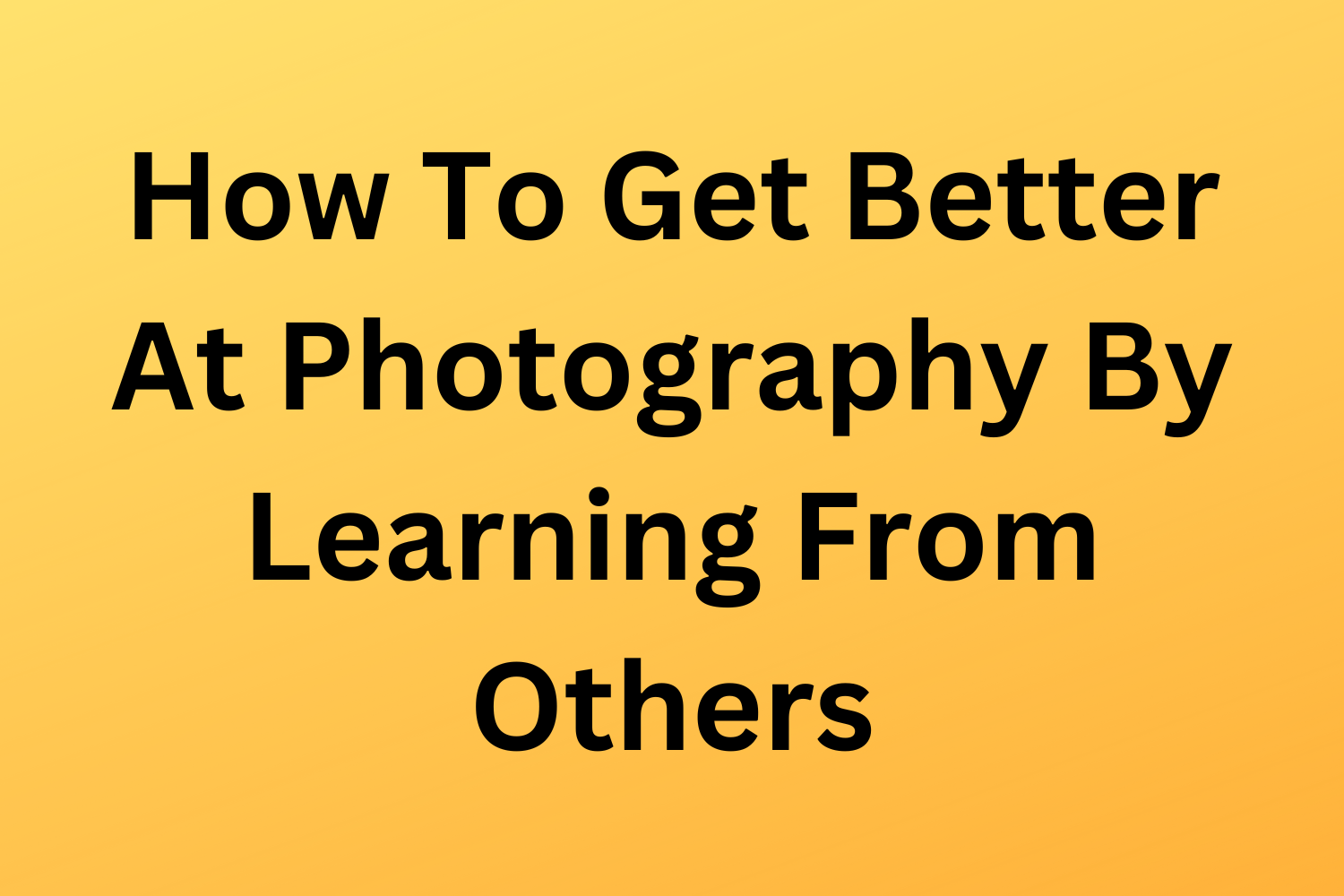
How To Get Better At Photography By Learning From Others
So, how can you improve your photography skills? Well, one of the best ways is to learn from other photographers. Take a look at the work of photographers you admire. What is it about their photos that you like? How did they become so famous? And what about those iconic photos from history? What makes them stand out?
As you begin to analyze and interpret other photographers' work, a new world of perspectives will open up to you. This process of self-discovery and understanding will transform the way you see and capture the world through your lens.
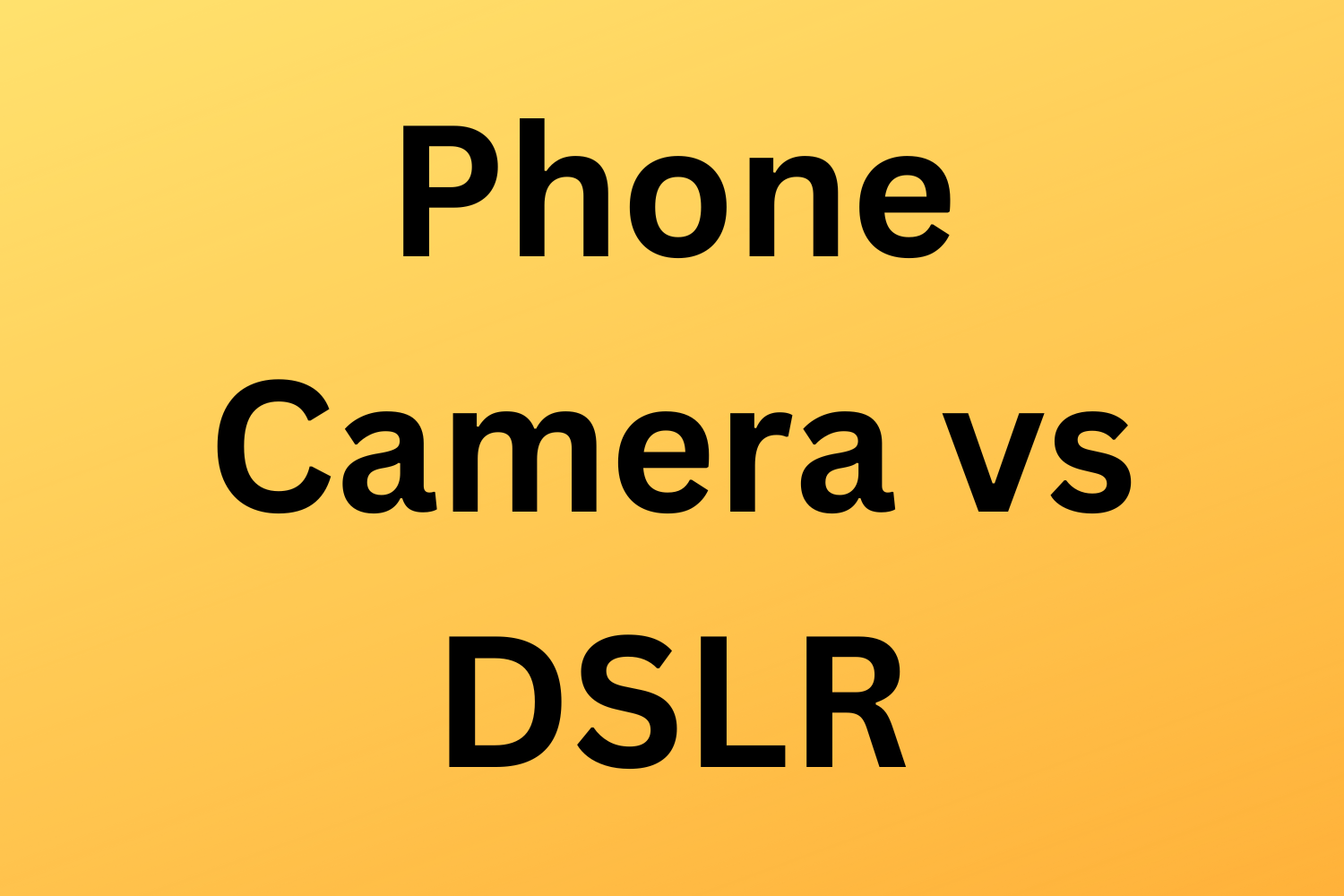
Phone Camera vs DSLR - What Are You Missing With A Phone?
If you use a phone and not a camera, you are missing out on so much of the wonderful world of photography.
The taking photos with a camera experience
Time and enjoyment
Composition
The viewfinder
Image quality
Consistency
Cameras
Lenses
Camera settings
The simple self-timer
Tripods
The other accessories that help us.
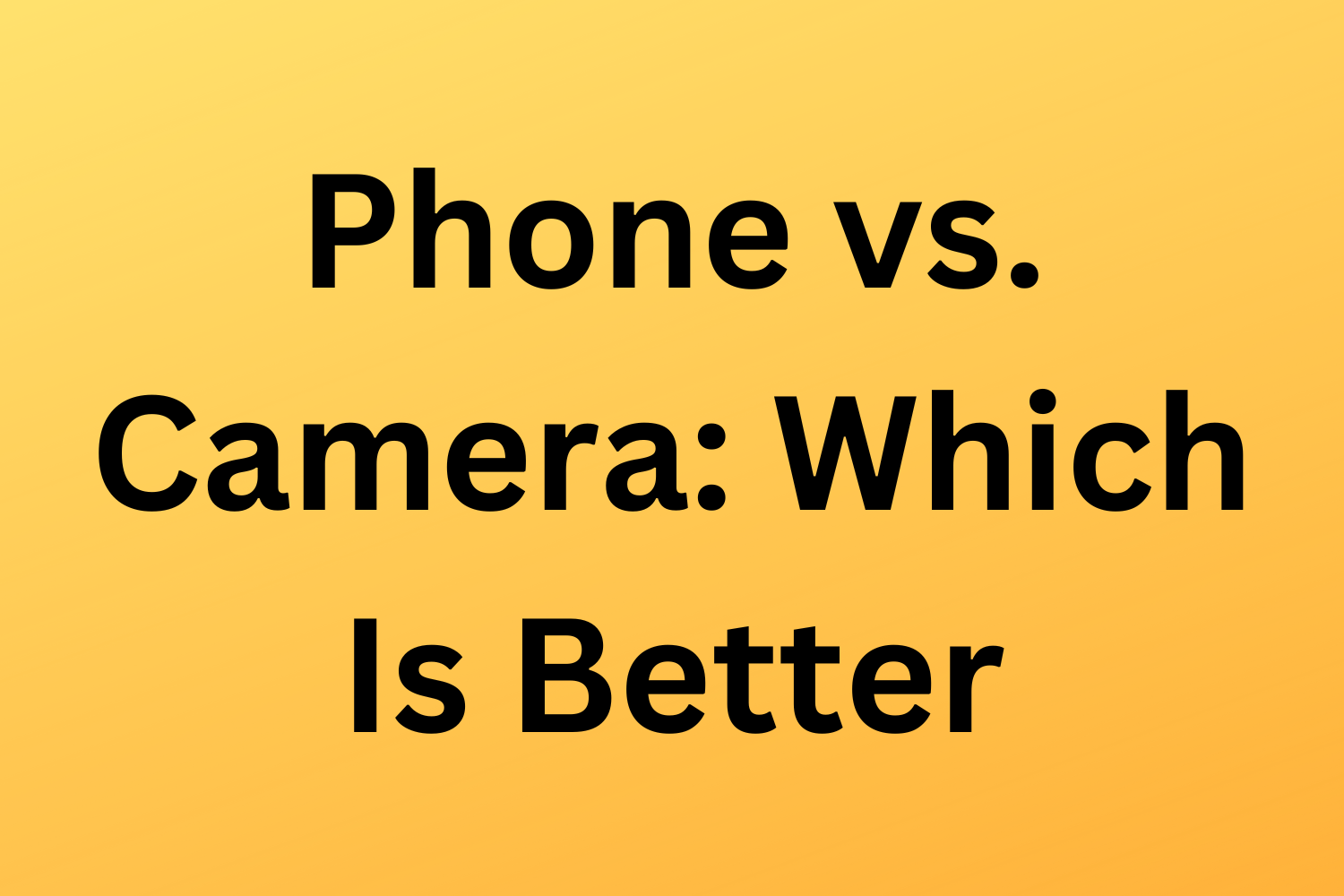
Phone vs. Camera: Which Is Better To Take Photos With?
Cameras are, of course, designed to take high-quality photos. And phone cameras have improved so much that they are a credible alternative to cameras. But which is better to take photos with? A digital camera or a phone? Is one better than the other? Or is there a place for both?

How To Use Your Camera Settings To Take Better Photos
There are many settings that we can change in cameras and lenses, too. These settings will change depending on what you are taking a photo of and the ambient light levels. With the correct camera settings, we can take better photos. That is why our cameras have all those settings, after all!

Photography Gear - How Cameras, Lenses and Other Stuff Help
Photography is drawing with light, and photography gear is simply the tools we use to capture that light and take photos. Photography gear can help us create higher-quality, better-composed photos. And that is it. It is that simple. Buy the best camera and lens you need and can afford, and learn how to use them properly.
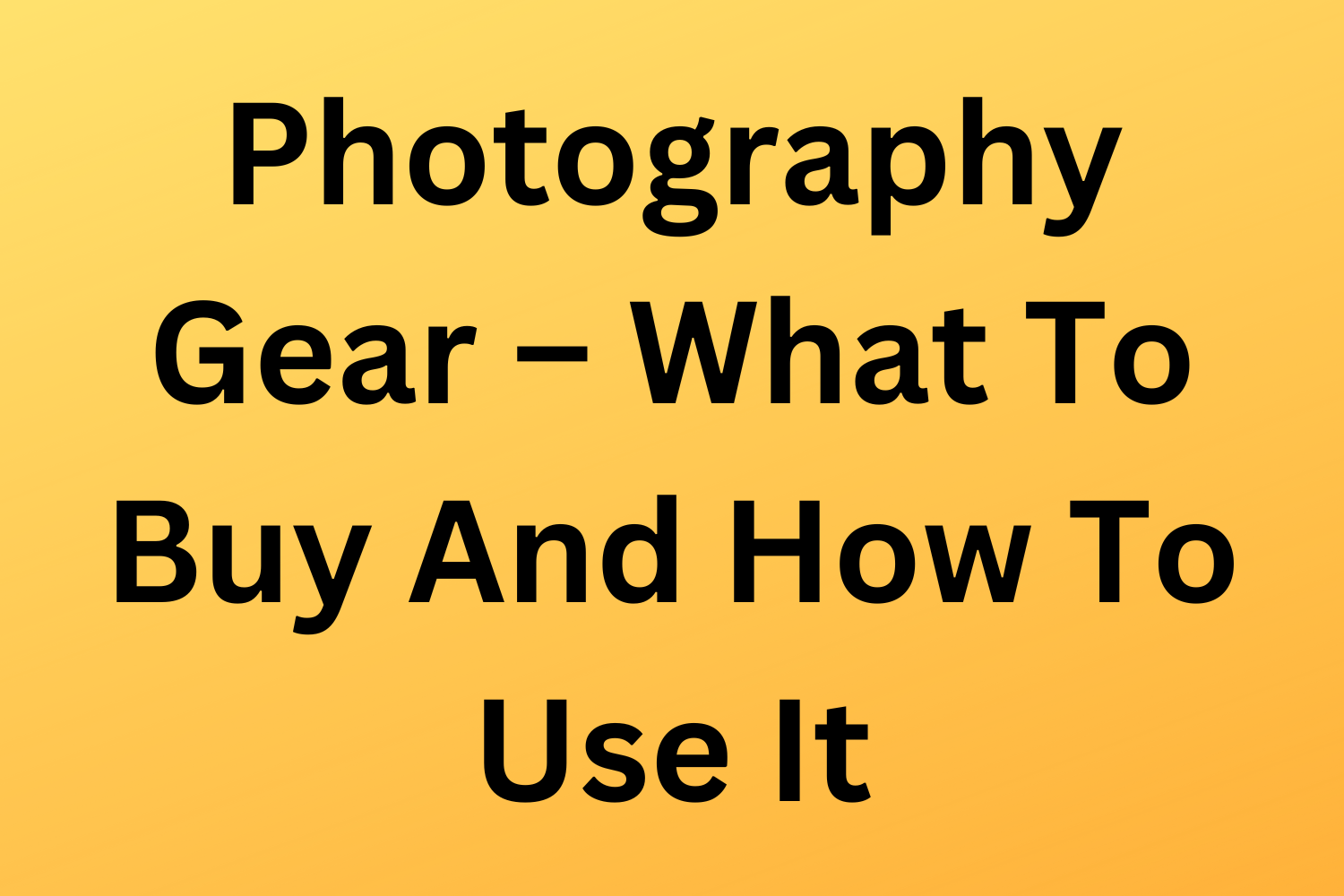
Photography Gear – What To Buy And How To Use It
Get the photography gear that you need. Only get more photography gear if
The gear will help you take better photos
The gear will help you to take photos that you cannot get with your gear
The gear will save you time or money
Or
The gear you have is broken/ worn out/ about to fail.
There – that is gear sorted.